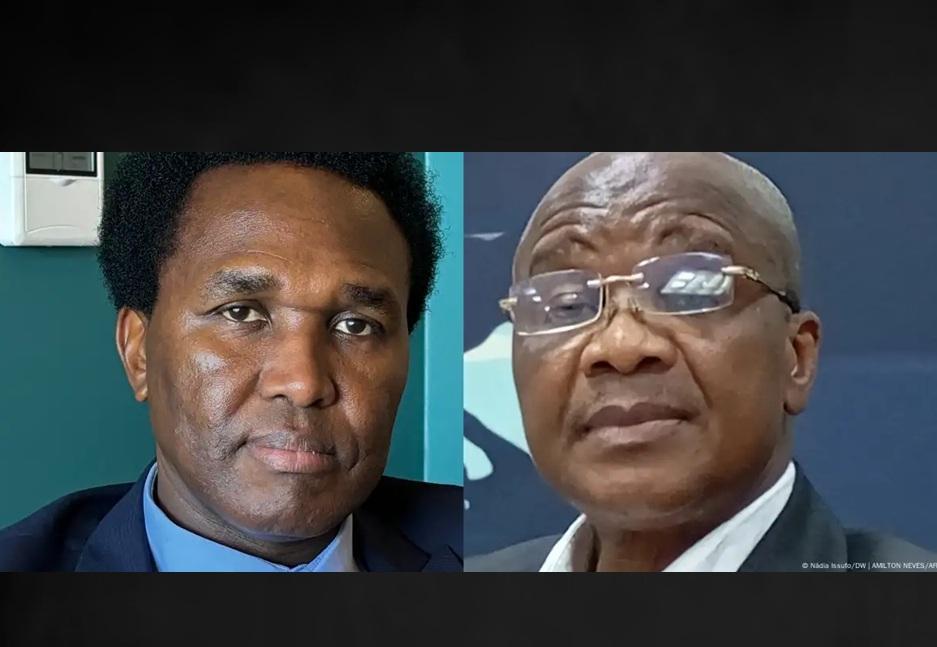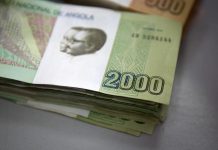Africa-Press – Mozambique. Mondlane’s announced “turning his back” on Podemos has stirred up Albino Forquilha’s party, which claims to have been surprised by the decision and accuses the politician of lack of coherence.
According to Podemos spokesperson Duclésio Chico, the document announcing the split has no legitimacy, as it was not signed by Mondlane himself, who had personally formalized the agreement with the party.
Chico also accuses Mondlane of a lack of coherence and asks that the termination be carried out through the procedures provided for in the agreement.
“We, as Podemos, do not know what happened and were surprised by Dinis Tivane’s announcement. We reject the content of the document because they are insults to the party, but this does not surprise us,” he stressed.
Venâncio Mondlane’s Advisory Office announced the end of its relationship with the PODEMOS party, led by Albino Forquilha, accusing it of “selling out the people’s struggle”.
The decision marks the end of a turbulent period, characterized by disagreements between the parties, especially since the beginning of the popular demonstrations ‘for electoral truth’ in Mozambique.
Predictable split
For political analyst Wilker Dias, the signs of wear and tear in the relationship between Mondlane and PODEMOS were already evident. Dias believes that disagreements have been accumulating, which has made the separation inevitable.
“I believe that the split between Mondlane and Podemos has been going on for some time. If we look at the positions that were presented by both sides, it already led us to believe that we could have this official split,” Dias explains.
Dias believes that, in the current political scenario, Podemos will lose its relevance, even though it has 43 seats in parliament and is now the largest opposition party.
“Throughout this entire process, Podemos was under the influence of Venâncio Mondlane’s image and was politically unprepared for the rupture in relations,” he explains.
Podemos emerges “weakened”
This position is shared by analyst Canuma Silvestre, who highlights the crucial role that Venâncio Mondlane played in mobilizing supporters and in political articulation.
“The Podemos party emerges weakened and without acceptance and, in the next elections, it could suffer drastic political consequences.”
Mondlane’s departure from Podemos raises questions about his future in Mozambican politics. Is Mondlane politically isolated? Canuma Silvestre believes not.
According to the analyst, Mondlane still has significant political capital and can use this rupture as an opportunity to re-evaluate his trajectory.
“On a political level, Mondlane is stronger than the Podemos party and, at the moment, he is the most popular politician in the country, despite the fact that he is now moving forward without political alliances,” he concludes.
The analysts interviewed by DW all argue that creating his own party would be a viable alternative for Venâncio Mondlane to remain relevant in the political arena and maintain his support base, despite the challenges he may face in consolidating any political organization.
For More News And Analysis About Mozambique Follow Africa-Press






